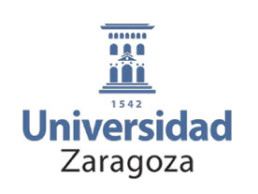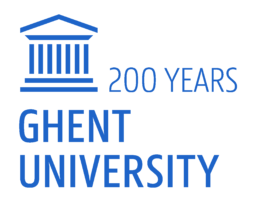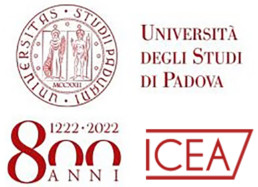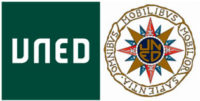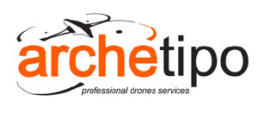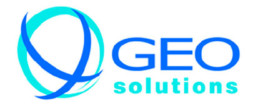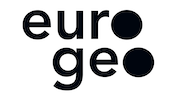
MY GEO Project
 – ABOUT
– ABOUT
The project “MY GEO” ultimately aims at fostering the employability of students in higher education through promoting the acquisition of key skills related to the use of Geographic Information Systems (GIS) tools.
To this aim the partner organizations will undertake an initial activity of research finalized at identifying GIS-related key skills widely required by the job market.
In line with the outcomes of the research the project partner will implement two different Intellectual Outputs:
One MOOC for teachers in Higher Education Institutions: aimed at fostering the acquisition of key skills related to the use of GIS for teaching purposes. This Intellectual Output will ultimately lead to the MODERNIZATION of the partner Universities.
The “PORTFOLIO MY GEO” for student: including a list of key skills and GIS tools widely used by private companies in different sectors. Each skill and tool will be linked to a training session provided in MOOC modality: those will be targeted to students and will contribute to raise their skills in making use of the listed tools. This Intellectual Output is ultimately aimed at fostering the OCCUPABILITY of students in higher education.
Finally the project partner will organize two rounds for the international mobility of students from each partner University to each partner company. The mobility will be aimed at further empowering the participants on the use of GIS tools, through work-based learning experiences. The mobility programme and the “on the job” training methodology will be formalised and collected in the “MY GEO Mobility” output.
The results of the mobilities will be collected and displayed on the project platform, as all the other intellectual outputs previously described. The platform will be an interactive tool collecting and organizing all the project outputs for their dissemination.
 – THE FUNDING PROGRAMME
– THE FUNDING PROGRAMME
The project MY GEO has been funded by the European Commission through its Erasmus+ Programme,
under the “Key Action 2: Strategic partnerships in the field of Higher Education“.
Supported by
